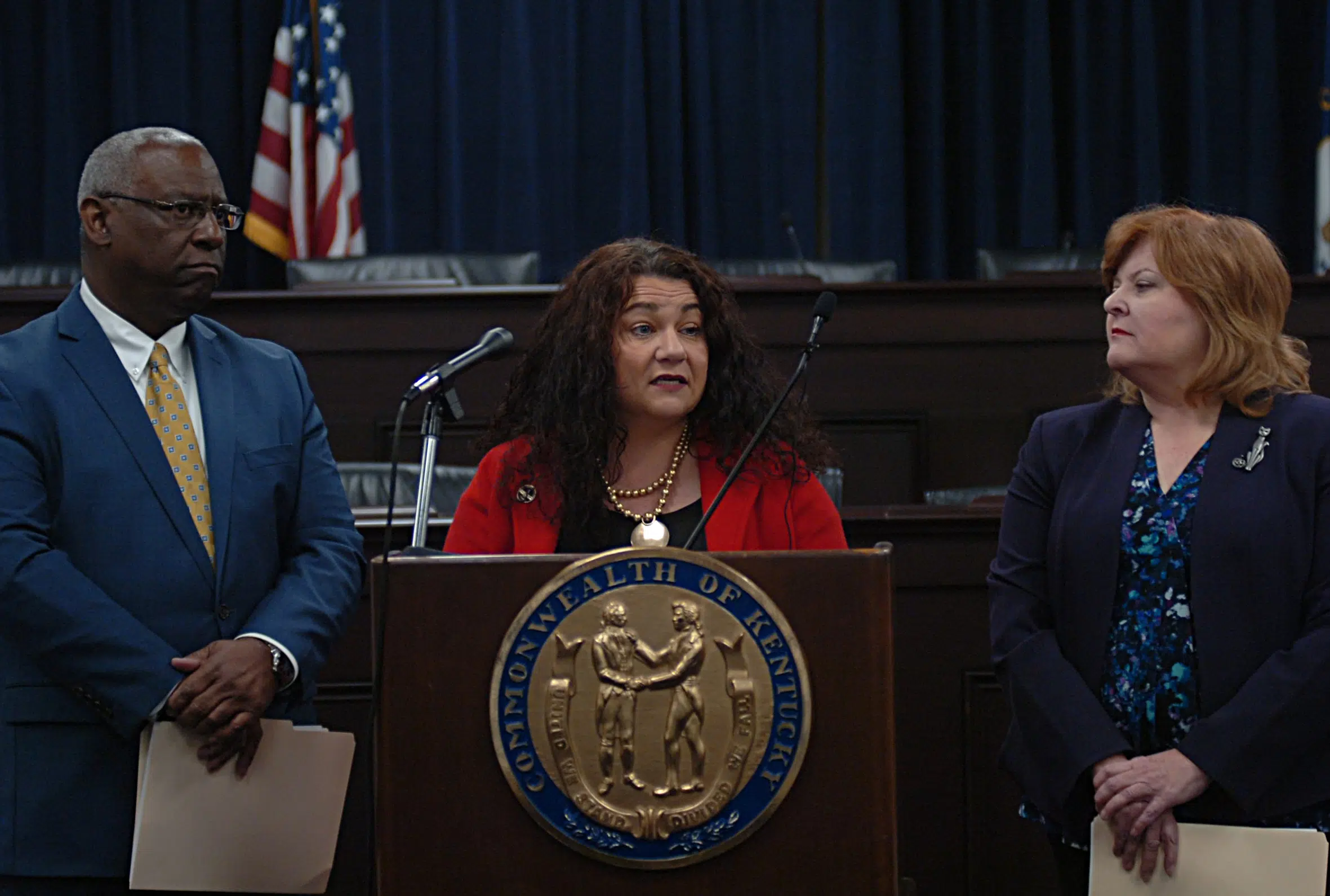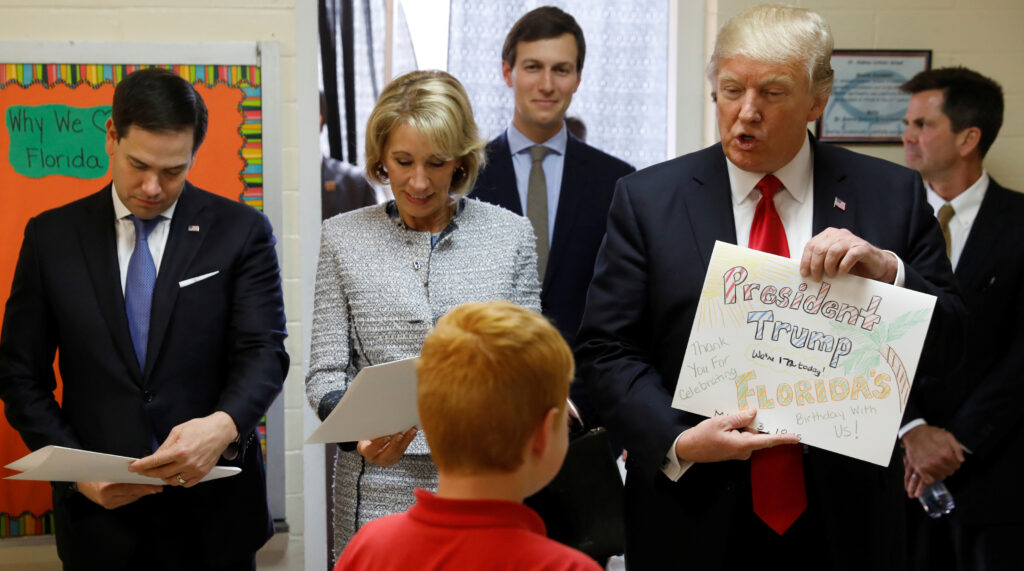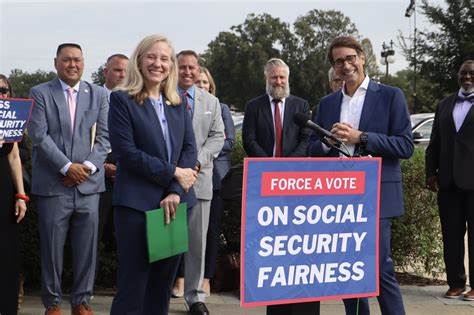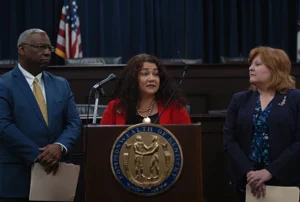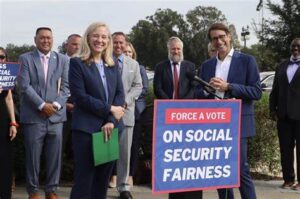In the wake of Donald Trump’s historic election victory, educational experts and policy analysts are carefully examining the potential transformative changes ahead for America’s educational system. With promises of sweeping reforms and fundamental shifts in federal education policy, the incoming administration’s approach could significantly alter the landscape of both public and private education across the nation.
The intersection of politics and education has never been more pronounced, as debates over school choice, federal oversight, and cultural issues in classrooms take center stage in national discourse. These changes could affect millions of American students and reshape the fundamental structure of U.S. education for generations to come.
Expert Insights: A Deep Dive into Educational Change
Drawing from expertise shared by Josh Cowen, professor of education policy at Michigan State University’s College of Education and author of “The Privateers: How Billionaires Created a Culture War and Sold School Vouchers,” we examine the key areas of potential transformation and their implications.
The Political Battleground of Education
The heightened focus on education policy stems from its role as a proxy for broader societal debates:
- Conservative Priorities:
- School bathroom policies
- Book banning concerns
- Historical curriculum debates
- Religious freedom in education
- Progressive Focus:
- Educational equity
- Early childhood programs
- Whole-child education approach
- Health and nutrition services
Potential Department of Education Changes
Trump Administration Proposals
The incoming administration’s plans include:
- Potential elimination of the Department of Education
- Implementation of universal school vouchers
- Significant changes to anti-discrimination oversight
- New approaches to gender-related policies
Impact on Federal Oversight
Key considerations include:
- Changes to civil rights enforcement
- Shifts in discrimination prevention
- Alterations to federal funding distribution
- Modified regulatory frameworks
The School Voucher Debate
Understanding Universal Vouchers
Key aspects of the proposed system:
- Open eligibility for all families
- Public funding for private education
- Tax credit mechanisms
- Education savings accounts
Voter Response and Public Opinion
Recent electoral results show:
- Defeat of voucher initiatives in three states
- Continued public skepticism
- Complex political dynamics
- Regional variations in support
Financial Implications
Budgetary Considerations
The economic impact includes:
- New state budget pressures
- Local district funding challenges
- Infrastructure maintenance costs
- Teacher salary considerations
Long-term Economic Effects
Research indicates:
- Generational impacts of education investment
- Wage growth correlations
- Crime rate relationships
- Community development implications
Expert Recommendations
Evidence-Based Approaches
Suggested priorities include:
- Increased direct investment in public schools
- Focus on local community support
- Long-term strategic planning
- Research-backed interventions
Future Outlook
Potential Scenarios
The education landscape could see:
- Supreme Court involvement in voucher programs
- Shifts in federal-state education relationships
- Changes in public-private school dynamics
- Evolution of educational funding models
